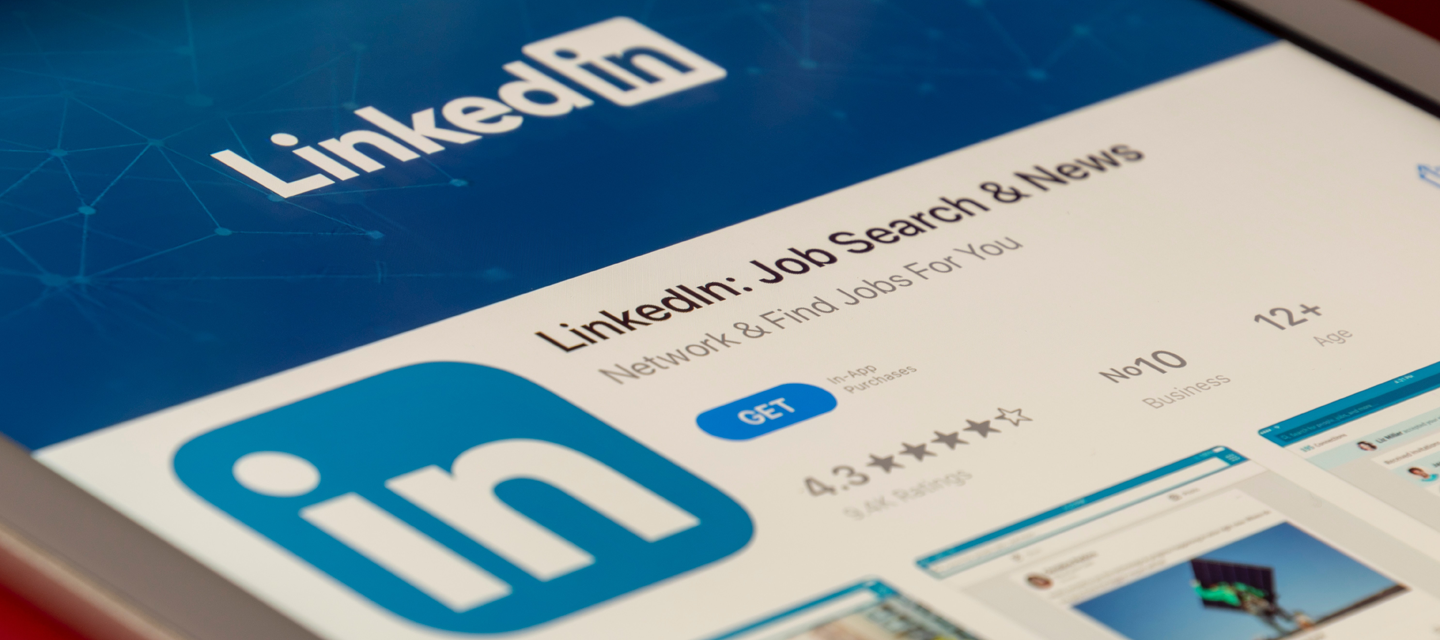How SEO data can assist your social media strategy
While each of these SEO tools will have different capabilities when it comes to social media applications, here are three ways you can use them to help inform your social media strategy.

Social media success relies on managing a plethora of tasks including curating content, being responsive to engagement, and proactively building a community that will aid you in case you ever have a social media crisis.
While many marketers are looking for social media-specific tools to help them with these and many other tasks, most don’t realize that often your SEO team can help you by sharing insight that they can gather from their SEO tools.
There are many SEO tools that exist including Moz, Semrush, Ahrefs, et. al. While each of these SEO tools will have different capabilities when it comes to social media applications, here are three ways you can use SEO to help inform your social media strategy.
Backlink checkers to find influencers, build relationships and prevent crises
SEO strategies will often have a focus on backlink acquisition, examining a website’s backlink profile to measure and monitor performance. There are quite a few powerful backlink checking tools that make this easier. For those of you not familiar, backlink checker tools crawl the Internet to find sites and people that link to you.
By talking to your SEO team and asking them to send you a list with all of the blogs, media outlets, etc. that have links pointing towards your website, you will now have access to the websites and brands that talk about you, mention you, and have either a good or bad opinion of your company and brand.
From a reputation management perspective, this list provides value. You can reach out and add them to your list of domains that you check regularly for potential negative content. If you then identify any, you have the opportunity to address any issues before that content has the chance to rank in the search engines, or the wrong person finds and shares it.
On the other hand, if they are positive mentions of your company, you can also work on getting more brand exposure from them by cultivating a relationship with them.
Social traffic summaries and data-driven reports
Most SEO platforms offer Google Analytics integration to pull key metrics for both SEO and social traffic within one consolidated view. This provides a snapshot of various websites’ top organic and social traffic sources, while also displaying the change in traffic over specific periods of time.
By having this data you can now show and monitor the impact that organic and viral social media has on ROI and data-driven metrics.
This also helps you to show your clients or company how your role is vital to the overall financial health and stability of other channels. Having data to provide and show results in a clean and easy-to-understand interface is one of the things that social media marketers can utilise SEO tools for.
Monitoring branded search results
One of the main goals of social media marketing is building brand awareness. But how do you measure branding?
Monitoring brand mentions on social media and discussion boards is one way but it should not be the only one.
Here’s how SEO can help you measure brand growth:
- Monitoring Google’s SERPs for your brand-driven search. How well do your social media channels rank for your own brand name? If they all rank well, this means you are in control of your branded search!
- Tracking your branded search positions. As your brand is becoming more and more recognizable, there will be more and more search queries containing your name. Tracking that trend is where your SEO team can help. They monitor organic traffic arriving to your site via brand terms, as well as non-brand terms. By giving yourself access to their tools, such as Google Search Console (GSC), you can start to see for yourself where you rank for certain keywords, and in what position. You want to make sure your site ranks #1 for each of your branded queries and that there are no negative results showing up.
Monitoring social media mentions is useful for an SEO strategy too: You get notified if anything goes wrong with your site, you are among the first to know about industry trends (and so you can create trending linkable assets) and you will get instantly alerted of any reputation or brand identity threats. These are more common than you think, and as Hari Ravichandran stated, there can never be too many tools to protect your brand from them.
Additionally, SEO tools can also help your social team better understand brand-driven associations and inspire on-site content ideas. For example, Text Optimizer can identify semantic relationships of any brand name which is a useful insight for you to be able to build a more relevant and effective editorial content calendar:
Using SEO data to empower your social media strategy is a great way to help you save time and maximize your return as a social media marketer. You can find new brand evangelists, and help to prevent reputation management issues while also finding new places to build an engaged audience and protect your brand.
To sum up:
- Social sharing is good. More shares of your content equals more traffic. Using analytics data you can identify the most effective of your social media channels, in terms of traffic. You cannot improve what you do not measure. Make sure you measure and track your social media traffic performance.
- You must track web performance data to understand what people are looking at and what you could do to better improve the experience, regardless of where they came from. SEO tools can help you identify how social-media buying journeys are different from other buying journeys. This will help you adjust your site to better accommodate those you drive to the website using your social media efforts.
- Website goals should be clarified and then further tied to how these goals apply to specific departments. Your social media team should be well aware of your overall marketing goals.
- Cross-departmental communication and aligning departmental goals with business goals help produce an effective marketing strategy. Make sure your different marketing strategies (SEO, link building, social media, etc.) inform and help one another. There are quite a few free collaboration and productivity tools helping you create a more collaborative environment within your company.
- Social media is not just for the marketing department. Keep in mind, functions in other departments may overlap with marketing because of social media. Keep everyone informed of what each department is doing.
The symbiotic relationship between SEO and social media is a valuable asset that marketers often overlook. By tapping into the insights provided by SEO tools, social media strategies can be significantly enhanced. The integration of backlink checkers to identify influencers, cultivate relationships, and manage potential crises enables brands to proactively shape their online reputation.
The fusion of social traffic with data-driven reports empowers marketers to demonstrate the true impact of social media efforts on ROI and overall business success. Furthermore, monitoring branded search results offers a holistic approach to measuring brand growth, fostering collaboration between SEO and social teams.
The use of SEO data not only saves time but also offers strategic advantages by identifying effective social channels and aligning marketing goals. Remember, successful marketing extends beyond individual departments, and open communication combined with collaborative tools is key to achieving a harmonised and impactful strategy. By recognising the interplay between SEO and social media, marketers can maximise their efforts and ensure the lasting success of their brands in the digital landscape.
If you’d like help with your social media management, then do get in touch. We’d love to have a chat to learn more about you, and how we can help.
More insights from the team


